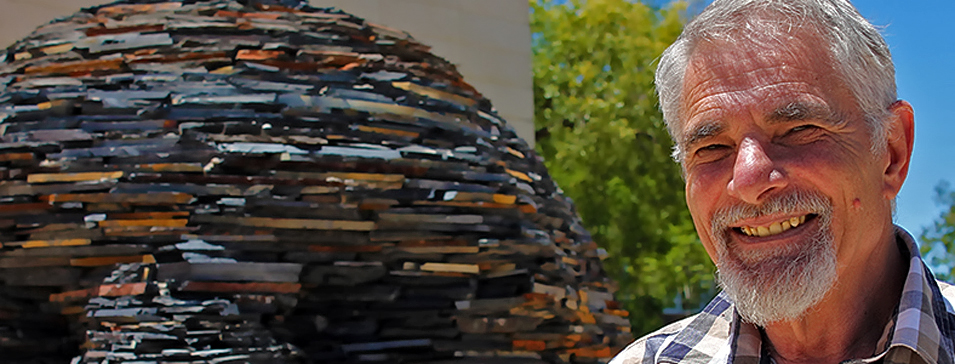Latest News Archive
Please select Category, Year, and then Month to display items
09 November 2018
|
Story Charlene Stanley
|
Photo Charlene Stanley
 Dr Tseliso Ntili, HOD of the Free State Department of Water and Sanitation, warns that pollution caused by mismanagement of municipal water-treatment works puts severe pressure on the province’s water security.
Dr Tseliso Ntili, HOD of the Free State Department of Water and Sanitation, warns that pollution caused by mismanagement of municipal water-treatment works puts severe pressure on the province’s water security.
“Despite our water challenges, Bloemfontein will never become a second Cape Town.” This firm assurance was given by Dr Tseliso Ntili, HOD of the Free State Department of Water and Sanitation, during his presentation at the recent regional seminar of the Faculty of Law’s Environmental Law Association.
The theme of the seminar was Water Quality and Water Security in Bloemfontein and was attended by staff and students from the Faculty of Law and the Faculty of Natural and Agricultural Sciences, as well as relevant role players from private, business, and government sectors.
Not enough water for city’s needs
Water restrictions in some form do seem to remain part of our future landscape though, as Dr Ntsili explained that the city’s current water yield of 218 megalitres per day still fell short of the demand of 259 megalitres per day.
Pollution and mismanagement at municipal level
He pointed out that a big cause for concern was that 75% of the Free State’s waste-water treatment works were dysfunctional. Housekeeping and security at these plants are often severely neglected. Yet, it is difficult for the Department of Water and Sanitation to act against offending municipalities.
“In intra-governmental disputes, the courts must be satisfied that organs of state have taken all reasonable steps to settle contentions – which can be a time-consuming process,” he explained.
Dr Ntsili said that the Caledon River System’s dwindling water levels due to low rainfall and siltation was also a concern, but that plans were underway to supplement the water supply to Bloemfontein via the Gariep Dam by 2026.
However, he warned that poor water management could drastically affect these long-term plans.
“If we can’t manage pollution, the cost will be high. Water security will be challenged, and we will have water shortages – not because of drought, but because of negligence.”
UFS an institution of choice for the most gifted academics
2013-12-05
 |
| Prof Rob Gordon |
Two lecturers at the University of the Free State’s (UFS) Department of Anthropology proved once again that the UFS is indeed an institution of choice for some of the most talented and gifted academics in the country.
Prof Rob Gordon was co-author of the book “Recreating first contact,” which explores how adventure travel, which emerged during the early twentieth century, influenced popular views of anthropology.
It was in this period that new transport and recording technologies, particularly the airplane and automobile and small, portable, still and motion-picture cameras, were used in various expeditions to document the last untouched places of the globe and bring them home to eager audiences.
These expeditions were frequently presented as first contact encounters and enchanted popular imagination. The book further explores the effects – both positive and negative – of such expeditions on the discipline of anthropology itself.
Dr Riana Steyn was co-author of the first Afrikaans play by Athol Fugard, “Die Laaste Karretjiegraf.”
The play focuses on the Karretjie people, itinerant sheepshearers in the Karoo who are direct descendants of South Africa’s first inhabitants. Doing research on the Karretjie people, he came across a master’s thesis in Anthropology by Dr Steyn, who gave him access to her work and eventually co-wrote the play with him.